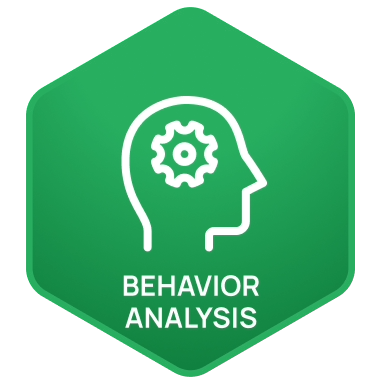About Job
Description
The QSP assumes full professional responsibility for the services provided by each supervisee, including each supervisee’s actions and decisions.
The QSP must make sure their caseload size allows them to deliver services to people with a range of needs, from complex to less intensive. The QSP’s caseload size should allow them to actively plan, coordinate, monitor, train and supervise the team in order to meet the individual needs of the person and family, as specified in each person’s ITP.
If the QSP leaves the agency (e.g., resigns or disaffiliates their enrollment) or experiences an absence longer than 31 consecutive days, the agency must have another QSP take over these responsibilities to continue providing services. An agency cannot operate without a QSP.
Required Education and Experience
The QSP assumes full professional responsibility for the services provided by each supervisee, including each supervisee’s actions and decisions.
The QSP must make sure their caseload size allows them to deliver services to people with a range of needs, from complex to less intensive. The QSP’s caseload size should allow them to actively plan, coordinate, monitor, train and supervise the team in order to meet the individual needs of the person and family, as specified in each person’s ITP.
If the QSP leaves the agency (e.g., resigns or disaffiliates their enrollment) or experiences an absence longer than 31 consecutive days, the agency must have another QSP take over these responsibilities to continue providing services. An agency cannot operate without a QSP.
- Make sure the individual treatment plan (ITP) and all EIDBI services provided consider the person’s and family’s values, goals, preferences, culture and language.
- Work with the parent/primary caregiver to determine the level of parent/primary caregiver training and counseling provided.
- Develop, monitor, approve and sign the person’s initial ITP and each updated ITP.
- Coordinate and implement coordinated care conferences.
- Supervise, manage and review all aspects of EIDBI services, treatment and documentation (e.g., case notes, incident reports) to ensure compliance and fidelity.
- Supervise and oversee all EIDBI services provided by level I, level II and level III providers (e.g., billing, case notes, other documentation).
- Perform all clinical supervision functions required by their professional licensing board and as defined in this policy manual.
Required Education and Experience
- Graduate degree in related field
- Current Certification as a Board-Certified Behavior Analyst (BCBA)/BCBA-D) or licensure for LICSW, LPC, LPCC or LMFT in good standing, licensure in WI or MN
- One year post certification clinical experience
- Previous ABA experience working with children with autism
- Successfully passed an initial and subsequent background checks (no history of felonies, substantiated client maltreatment or vulnerable adult incidents, or disqualifying misdemeanors)
- Must possess a valid driver’s license
Professional Field
 Behavior Analysis
Behavior Analysis Counseling
Counseling Marriage and Family Therapy
Marriage and Family Therapy Social Work
Social Work Other Behavioral, Mental, or Healthcare Field
Other Behavioral, Mental, or Healthcare FieldPatient Focus
Diagnoses
Avoidant Personality Disorder
Age Groups
Children (5-10)
Therapeutic Approach
Methodologies
ECT
Modalities
Families
Individuals
Practice Specifics
Populations
Undergraduate/Graduate/Post Graduate
Settings
Home Health/In-home
Sign up for job alertsGet daily alerts for jobs relevant to you, sent to your inbox








